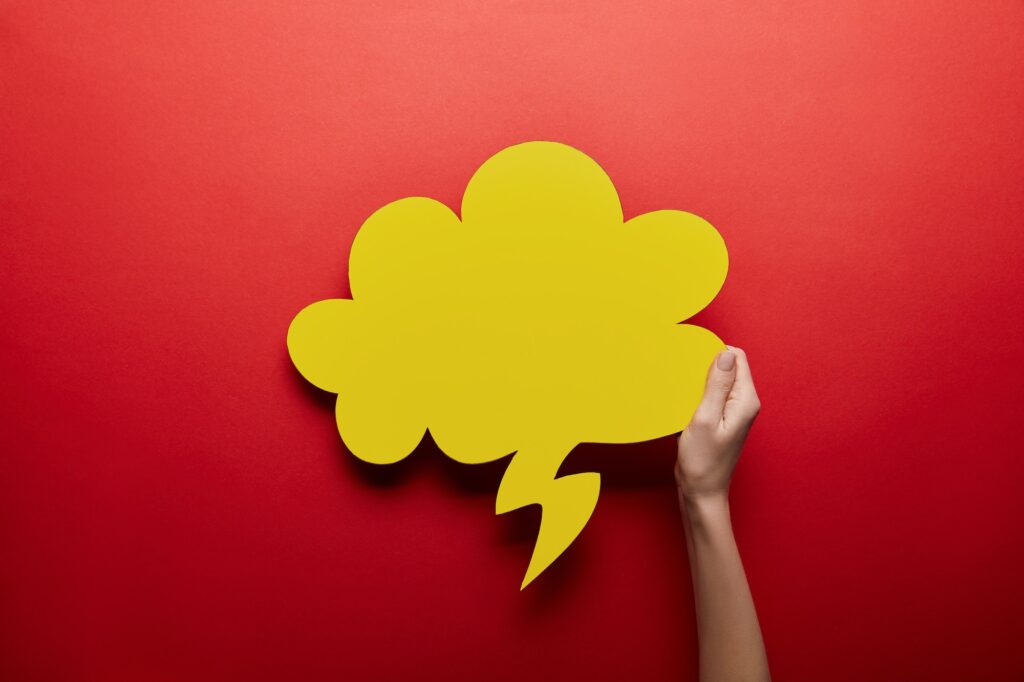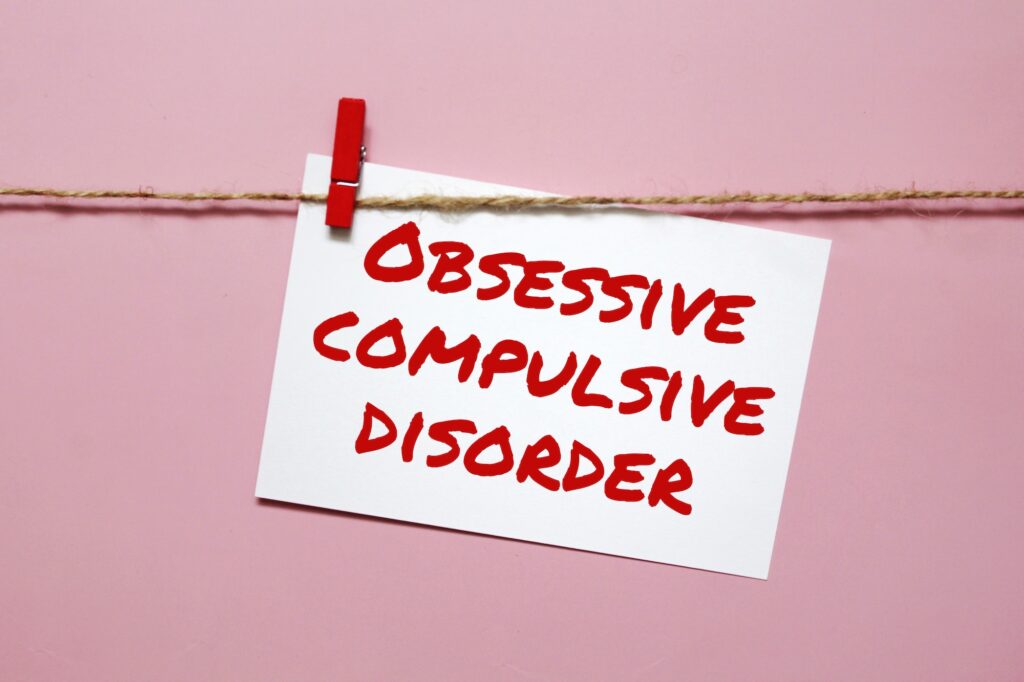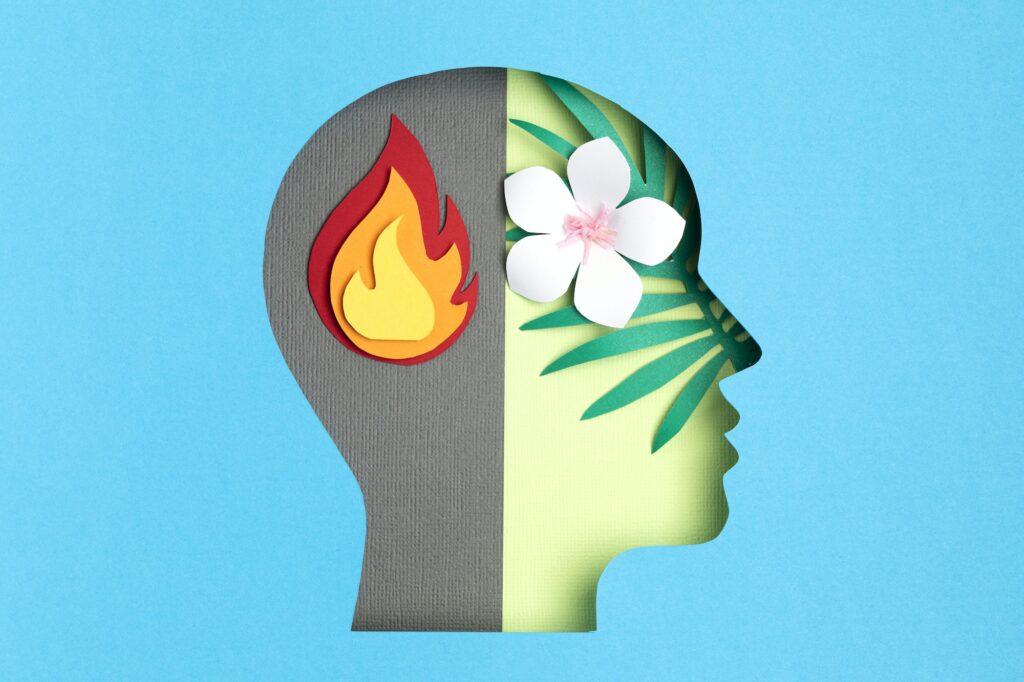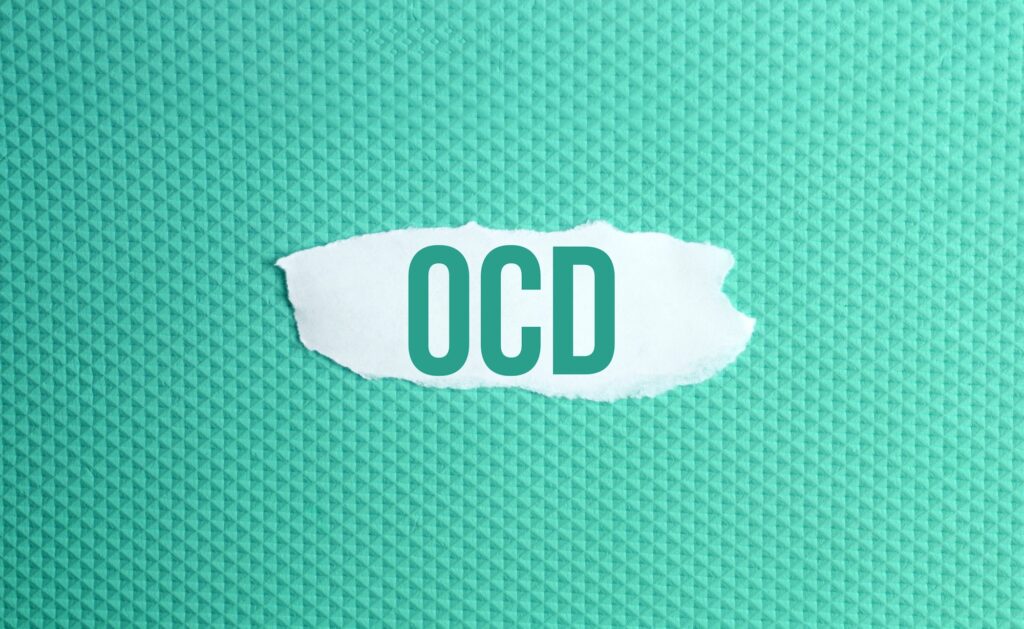
Compulsive thoughts that prompt you to clean every surface you touch. Or that turn you on, when you step into your house, to turn the lights on and off ten times. These are examples of ways OCD (obsessive compulsive disorder) can manifest. It is a psychiatric disorder in which people suffer from obsessive thoughts and fears, causing them to perform compulsive actions. OCD can have a major negative impact on daily life. Is it possible to relieve symptoms of OCD with microdosing?

OCD is, in most cases, a chronic mental illness. It is characterized by obsessive thoughts, which lead to compulsive actions. Often this is accompanied by shame, so people with OCD will not readily seek help. And that while the condition may have so much impact on your daily life that you are very limited by it.
When you have OCD, certain thoughts and mindsets come back constantly. No matter how hard you try, you keep thinking them. This gives the feeling that they are being forced on you and therefore they also cause anxiety and unrest. Examples of these types of thoughts are thoughts that you want to hurt others, that you think about cursing while being religious, that you are terrified of getting infected with dirt.
To neutralize or calm these unpleasant thoughts, people often perform one or more acts of compulsion. Even though these are irrational, they seem to calm the mind for a while. People with OCD may become obsessive about counting, constantly cleaning, constantly turning the lights on or off, or keep checking to see if doors are closed. OCD may seem so innocuous at first, but these kinds of obsessive actions can take up an enormous amount of time and energy.
Because of OCD, a person may have difficulty leaving home on time, interacting with others, or performing ordinary daily tasks. As a result, a person with OCD may run into problems, in terms of social activities, work, or ordinary daily life. OCD is therefore often associated with depression and the risk of suicide is higher.

OCD is seen by some doctors as a condition caused by anxiety or just stress and discomfort, where a person cannot relax. Not only are scientists not really in agreement on a clear definition of OCD, there is also no agreement on what treatment is best.
When you have OCD, cognitive behavioral therapy may be advised. A therapist can help you expose yourself to stimuli that make you feel anxious and teach you to deal with them in a different way. You can also learn to deal more effectively with your own thoughts. It may also be necessary to take medication. Most often, SSRIs are prescribed, which can help inhibit anxious thoughts and feelings.
In chronic and therapy-resistant OCD, DBS may be a solution. In DBS (deep brain stimulation), a medical system is implanted in the brain, similar to a pacemaker. This can provide electronic signals to the brain, which can help relieve symptoms of OCD.

So although therapy exists and medication is used, OCD is very difficult to treat. On top of that, medications can have nasty side effects. Psilocybin is a mind-altering substance found in over 200 species of magic mushrooms. One of the reasons psilocybin might help with OCD is because the substance is similar in structure and chemical makeup to the body’s own neurotransmitter serotonin. It also acts on the same receptors in the brain.
If you take a high dose of psilocybin, the substance can cause an altered state of consciousness. During a so-called trip, you may hallucinate, a heightened emotional awareness arises, and your thoughts go faster and deeper. It may also change your perception of your own identity and reality. Research shows that psilocybin can regulate certain regions of the brain that are very active precisely in people with OCD.
Treatment with multiple doses of psilocybin can alter the binding activity of serotonin receptors in such a way that it causes a reduction in symptoms. Psilocybin can also reduce doubts and fretting. These are also important underlying elements that contribute to the development of obsessions. A small designed study of 9 people with OCD, shows that psilocybin in higher and lower doses can have a positive effect on OCD.
Recent research shows that psilocybin can change the connections between different areas of the brain. There is an area (the Default Mode Network or DMN), which is involved in reflecting on yourself. People with OCD often have an overactive DMN, leading to increased levels of stress and negative thoughts. Psilocybin appears to be able to reduce activity in this area of the brain and thereby relieve symptoms of OCD. Because the substance can also cause the mind to open, many people believe that psilocybin can increase insight into yourself and help change obsessive behavior.
Not much research has been done on the potential of psilocybin and microdosing in particular in mental disorders, such as OCD. However, given its properties, it is worth trying. The advantage of microdosing is that you only ingest a small amount of psilocybin. You won’t be tripping from it, but will be able to benefit from its subtle effects. There will be no intense, mind-blowing experiences. In contrast, you can move forward in small, controlled steps, gaining more and more insight into yourself. Possibly microdosing with truffles can help you get out of the negative spiral of OCD and find your own inner peace.


